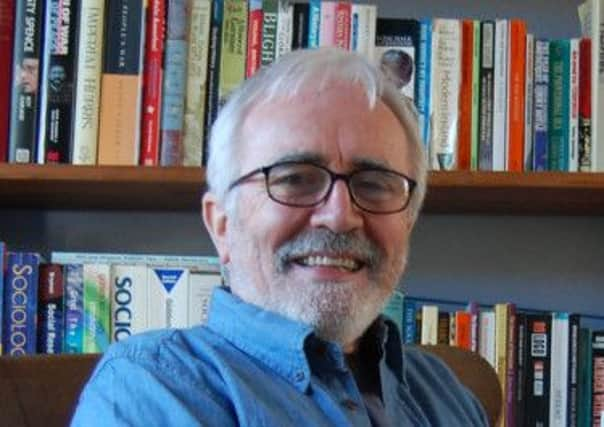Face up to wrongdoing and get over it


A recent study carried out at Brandeis University in Massachusetts concluded that those lacking self-compassion get stressed more easily and let it affect them over a longer period of time, leading to serious health problems. In other words, forgive yourself and live a longer happier life.
However, key to forgiveness is the willingness to acknowledge the wrongdoing in the first place. Most of us have the tendency to bury our unsavoury past, but as a professional counsellor, once said: ‘When you bury that stuff, you bury it alive, and one day it will jump up and bite you.’
Advertisement
Hide AdAdvertisement
Hide AdThere are two conflicting examples in the Old Testament; one involving King Saul, Israel’s first king, and the second involving his successor, King David. Saul was instructed by the prophet Samuel to destroy the people of Amelek. He was to leave nothing alive, neither men, women nor children, even the animals. But Saul and the people spared King Agag, along with the best of the sheep and the oxen, and the lambs, and all that was good, and would not utterly destroy them.
When Saul met with Samuel he said: ‘I have carried out the Lord’s command’ and Samuel replied: ‘O really? Then what is all the bleating of sheep and goats and the lowing of cattle I hear?’
At that point, Saul had the opportunity to say ‘Sorry’, but no, what did he say? ‘It wasn’t me, it was the people. They made me do it.’ It was a repeat of the events in the Garden of Eden a thousand years earlier when God asked Adam: ‘What have you done?’ And Adam said: ‘It wasn’t me, it was her!’ And of course Eve said: ‘It wasn’t me, it was the serpent!’
The other example is when the prophet Nathan confronted King David regarding the killing of Uriah to cover up his affair with Bathsheba. Nathan told a story: ‘A wealthy farmer had a hundred sheep, a neighbouring poor farmer had only one, but when the wealthy farmer decided to invite friends to a dinner party he slaughtered the poor farmer’s one little lamb, a little lamb that was more like a family pet.’
Advertisement
Hide AdAdvertisement
Hide AdKing David was furious. ‘As surely as the Lord lives,’ he vowed, ‘any man who would do such a thing deserves to die! He must repay four lambs to the poor man for the one he stole and for having no pity.’ And Nathan famously replied, ‘You are that man!’
Now, here’s the difference between the two men, David immediately cried out: ‘I have sinned against the Lord!’ and sat down and penned the beautiful Psalm 51: ‘Have mercy on me, O God,because of your unfailing love. Because of your great compassion, blot out the stain of my sins. Wash me clean from my guilt...’
David accepted full responsibility while Saul sought to blame everyone and anyone but himself. That’s the difference.
Now we have at least two reasons to forgive ourselves: One, if our Father has forgiven us, we have no right to withhold forgiveness, but also, you will probably live a longer, happier and healthier life.